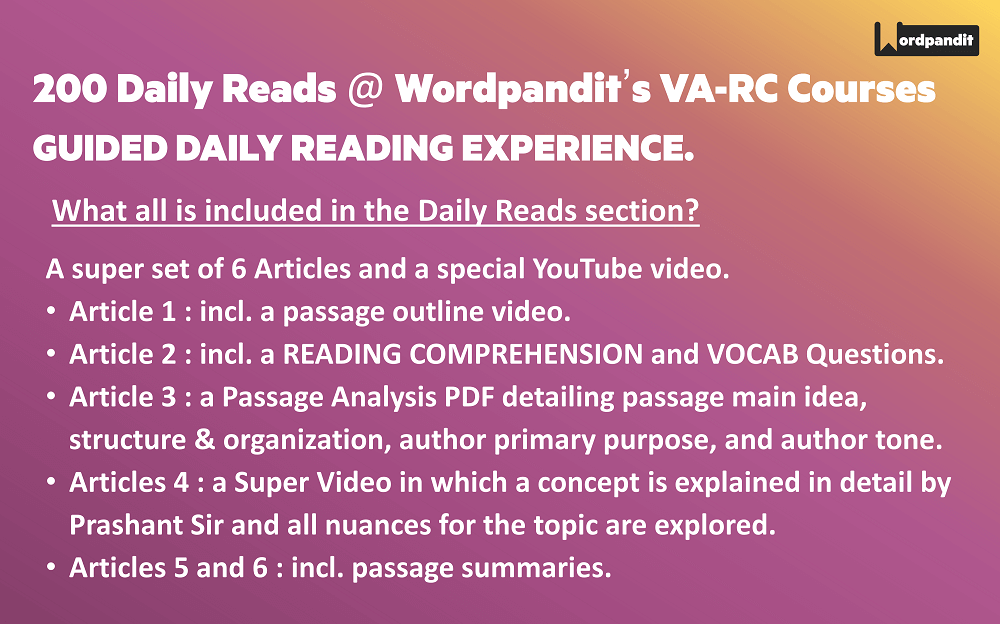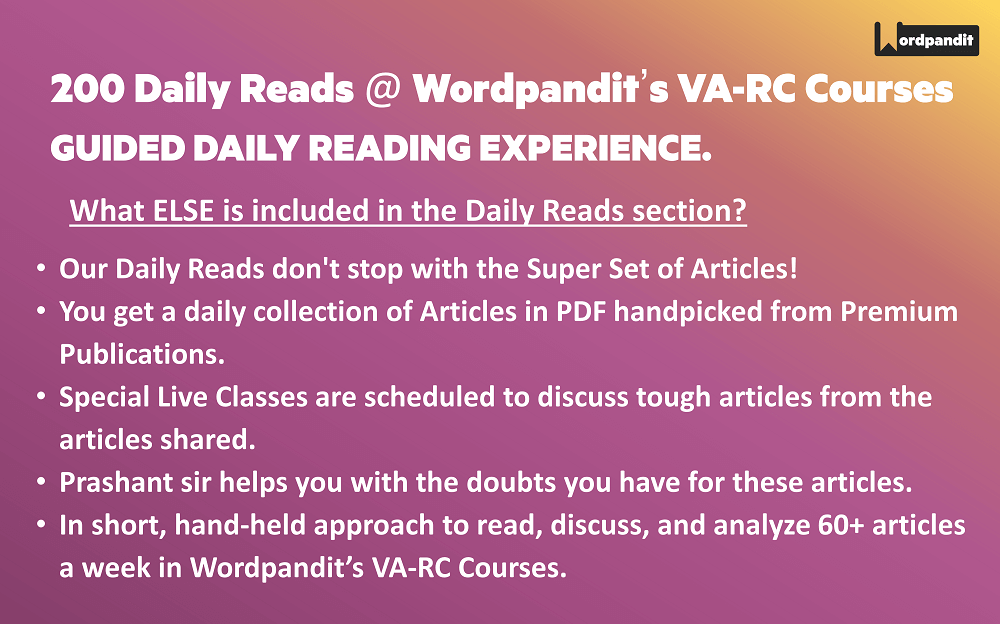Article Title: Search Engines May Seem All-Knowing, But They’re Not. Here’s How to Get More Trustworthy Results
Article Summary
This article is about search engines and how to get the best results from them. The speed at which we get search results has brought about a culture of instant gratification which makes people short-sighted. Instant gratification is the desire to experience pleasure or fulfilment without delay or deferment. Most of us know how to use search engines but do not understand how they work.
The speed of search engines is just one feature but it comes at the cost of credibility as they can’t always filter out bad, even fake information that is popular enough. Earlier we had an understanding of biases and authenticity. The search engines are driven by what they perceive as our values and hence it has become difficult to see through the searches. If your previous queries have suggested a pattern, search results may be biased to give you more of the same rather than to find new entries. The author wants search literacy to be in focus so that we can be exposed to a variety of views and in turn get over our biases to utilise the search engines efficiently.
Article Link: Click here to read the full article
Words to learn from this Article:
Dictum: a formal pronouncement from an authoritative source.
Gratification: pleasure, especially when gained from the satisfaction of a desire.
Inscrutable: impossible to understand or interpret.
Vandalism: action involving deliberate destruction of or damage to public or private property.
Pedagogical: relating to teaching.
Inadvertently: without intention; accidentally.
Numismatics: the study or collection of coins, banknotes, and medals.
Moored: make fast (a boat) by attaching it by cable or rope to the shore or to an anchor.













